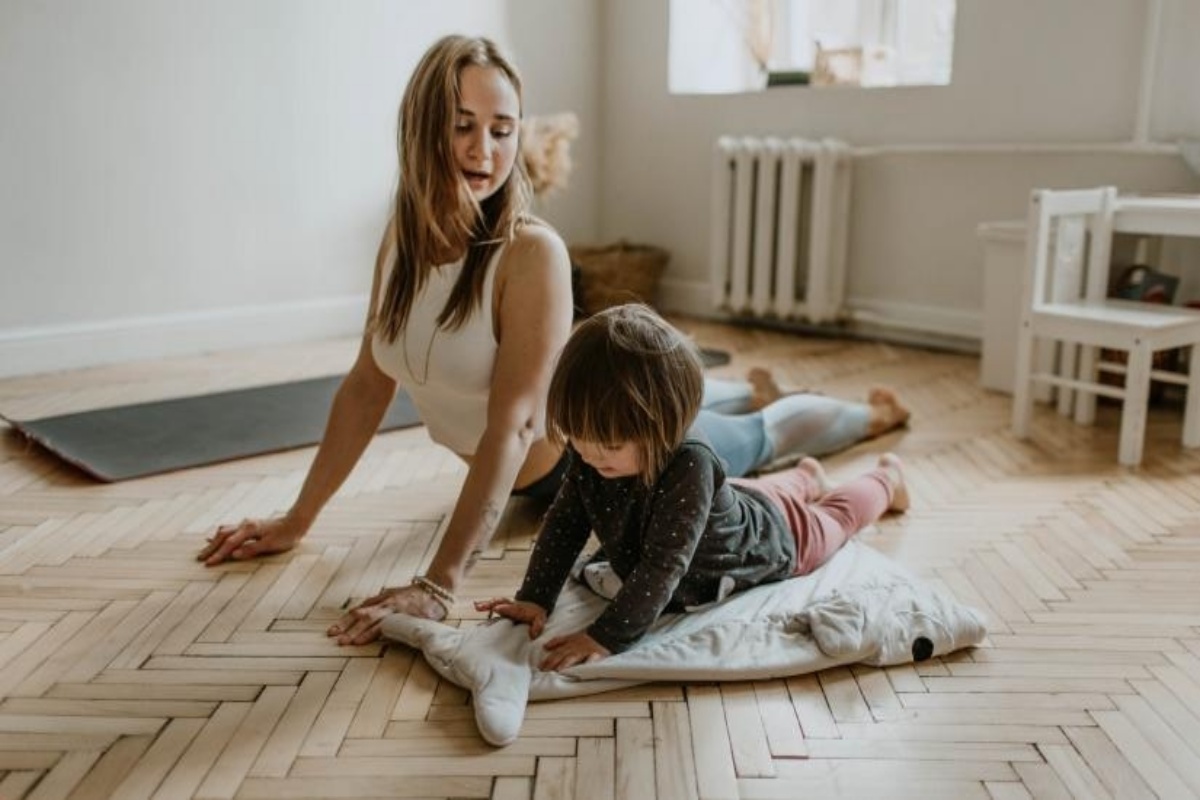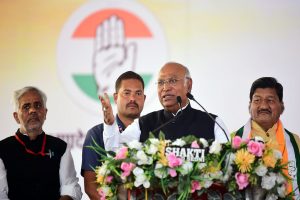The new research based on the pattern of activity of the brain in people doing a memory task found that the way of making inferences changes as we grow old.
The findings were published in the journal named ‘Nature Human Behaviour’. This study might lead to personalized learning strategies one day based on a person’s cognitive as well as brain development.
It was found by the researchers that adults form integrated memories with pre-bake inferences, adolescents and children build separate memories which they later compare to make inferences on the fly.
“How adults structure knowledge is not necessarily optimal for children because adult strategies might require brain machinery that is not fully mature in children,” said Alison Preston, senior author of the study published in the journal Nature Human Behaviour and professor of neuroscience and psychology.
With first author Margaret Schlichting, who was formerly a doctoral student in Preston’s lab and currently an assistant professor of psychology at the University of Toronto, Alison co-led the study.
In order to understand the difference between how adults and children make inferences imagine visiting a daycare center. In the morning, a child can be seen arriving with an adult, but in the afternoon that child can be seen leaving with a different adult.
The two grown-ups are inferred to be the child’s parents, and your memory will conclude relating the two unknown people from your earlier experience.
This new research depicts that a child having the same experience cannot make some kind of inference as that of the adults during their second experience. The two memories are connected less. Asking your child to infer your relation can also give positive feedback retrieving two distinct past memories and then reasoning to relate.
The researchers believe that the neural machinery of children and adults differs, and the strategy that children use for the way their brains are wired before key memory systems in the hippocampus and prefrontal cortex fully mature. During new learning, that difference could keep children from recalling past memories and limit their ability to connect events.
“In the absence of a mature memory system, the best thing a child can do is lay down accurate, non-overlapping memory traces,” Preston said.
“From those accurate memory traces, children can later bring them to mind to promote inferences about their connections,” Preston added.
While lying in an fMRI (functional magnetic resonance imaging) scanner,
the researchers asked 87 subjects, ages 7 to 30, to look at pairs of images that measure brain activity by detecting small changes in blood flow with pictures that, as in the daycare example above, provide opportunities to infer relationships between objects that had not appeared distinctly.
However, they found that the strategy adolescents used for making inferences were different from both that of young children and adults. Going back to daycare example, when an adolescent stores a memory of the second grown-up with the child, the adolescent oppresses the earlier memory involving the first one. Each memory becomes even more distinct than with younger children, and there are even fewer automatic inferences about relating the two adults.
“Teenagers may have learning strategies that are tuned to explore the world more so than exploiting what they already know,” Preston said.
This and other lessons from the research could inform strategies in order to improve teaching and learning at different ages.
“From a brain maturation perspective, different people are going to be at different places and we can devise learning strategies that take advantage of the neural machinery that an individual has at hand, no matter if they are 7 years old or 70 years old,” Preston said.
The research’s other authors are Katharine Guarino at Loyola University Chicago and Hannah Roome of UT Austin.
(With inputs from ANI)











